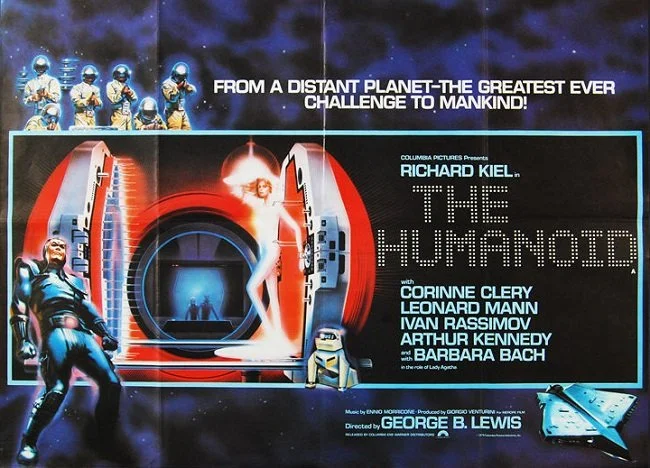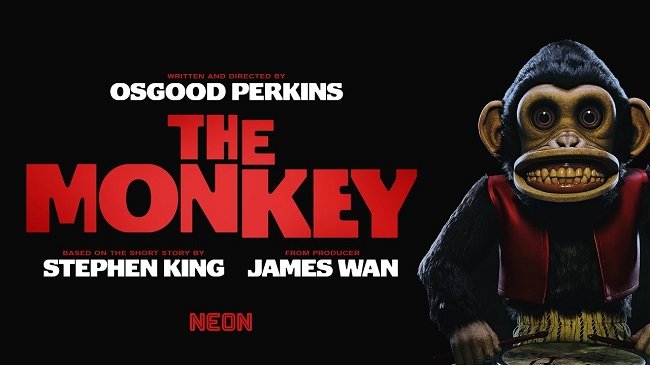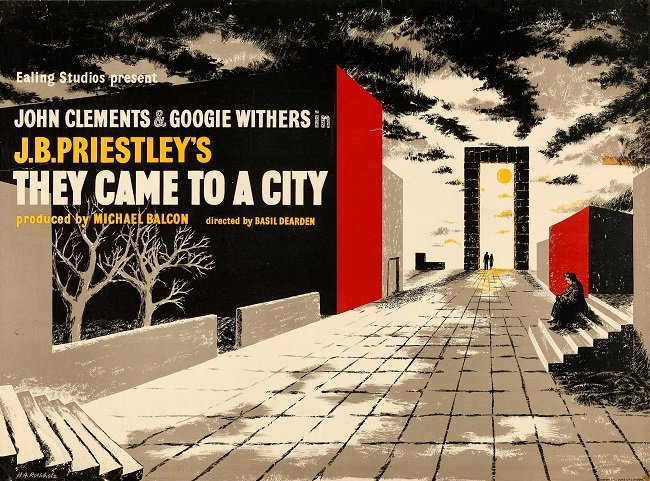Valkyrie (2008)
In terms of its production values, Valkyrie is a throwback to the big budget war films of the sixties and seventies. However, that is where the similarities end. This is not a stylised action movie with the Nazis simply as a dramatic foil. Valkyrie focuses on facts, narrative and performances. Director Bryan Singer ensures that the true story that the film depicts is driven by the central characters. Overall Valkyrie is a very laudable production and although not an outstanding feature film, it is competently made, broadly historically accurate whilst and entertaining.
The story manages to be genuinely suspenseful and conveys the magnitude of the plotter’s intentions. It efficiently follows the facts and is not side-tracked by superfluous sub plots or needless human drama. It clearly shows the real threat to families of the protagonists and conveys the paranoia of the German High command. Valkyrie assumes that the audience has an adequate knowledge of wartime events and does not make the mistake of trying to show why Hitler should be killed. Nor does it make the traditional Hollywood mistake of trying to render the complexities of wartime politics, down to “good Germans versus Bad Nazi”.
With regard to Tom Cruise, I’m not at all interested in his star status, his personal life or his religious beliefs. I have enjoyed his performances in several films in the past and he does not disappoint as Klaus von Stauffenberg. The rest of the ensemble cast works very well. Bill Nighy, Tom Wilkinson and the dignified Terence Stamp are all on top form, although a little underused. Eddie Izzard further demonstrates his acting talents. It should be noted that the mainly British cast do not attempt any stereotypical German accent but rather opt for neutral dialogue delivery.
Technically, the production design is accurate and authentic. The film manages to convey an atmosphere of a nation losing a war and an “ideology” that has become tarnished. The dilemma of whether to hedge your bets or endeavour to change an impossible situation, is explored efficiently and in a thought provoking way. Valkyrie remains as politically neutral as it can and strives to show career soldiers unhappy with the regime they see as betraying their country. They wish to prove that Germany and Hitler are not the same thing.
It is interesting to see a studio tackle a story that, despite its inherent drama, has an outcome that is a forgone conclusion. Like Ron Howard’s Apollo 13, the need to engage the audience with the fate of the characters is the key to the film’s success. I must admit that I was engrossed in Valkyrie and managed to disconnect my mind from the inevitable ending. However, due to the lack of historical knowledge among so many of today’s viewing public, perhaps this isn’t such an issue. May due to the march of time, the events depicted in Valkyrie may well have less impact. None the less Valkyrie is a competent and polished movie as well as a welcome change from standard multiplex fodder.




























